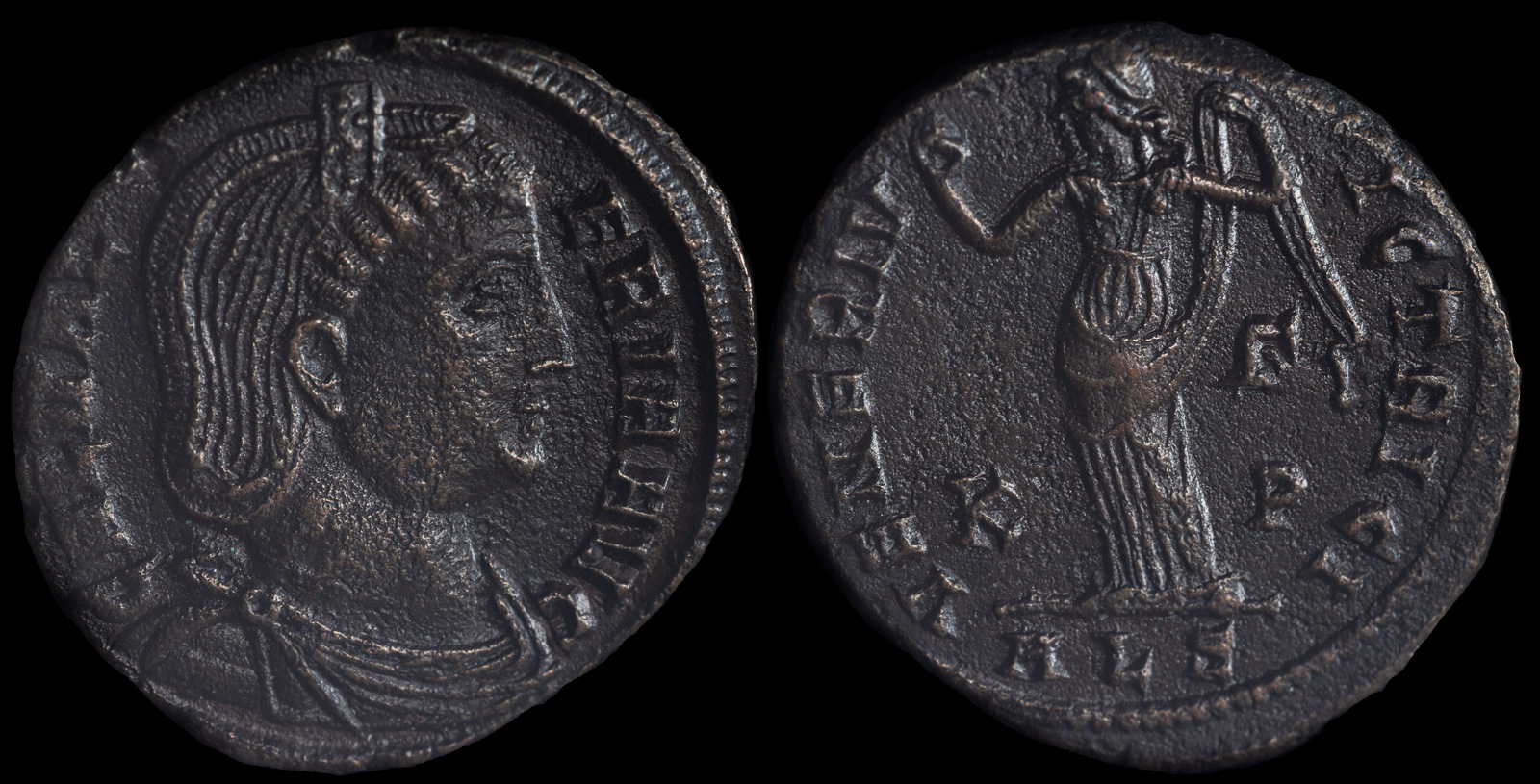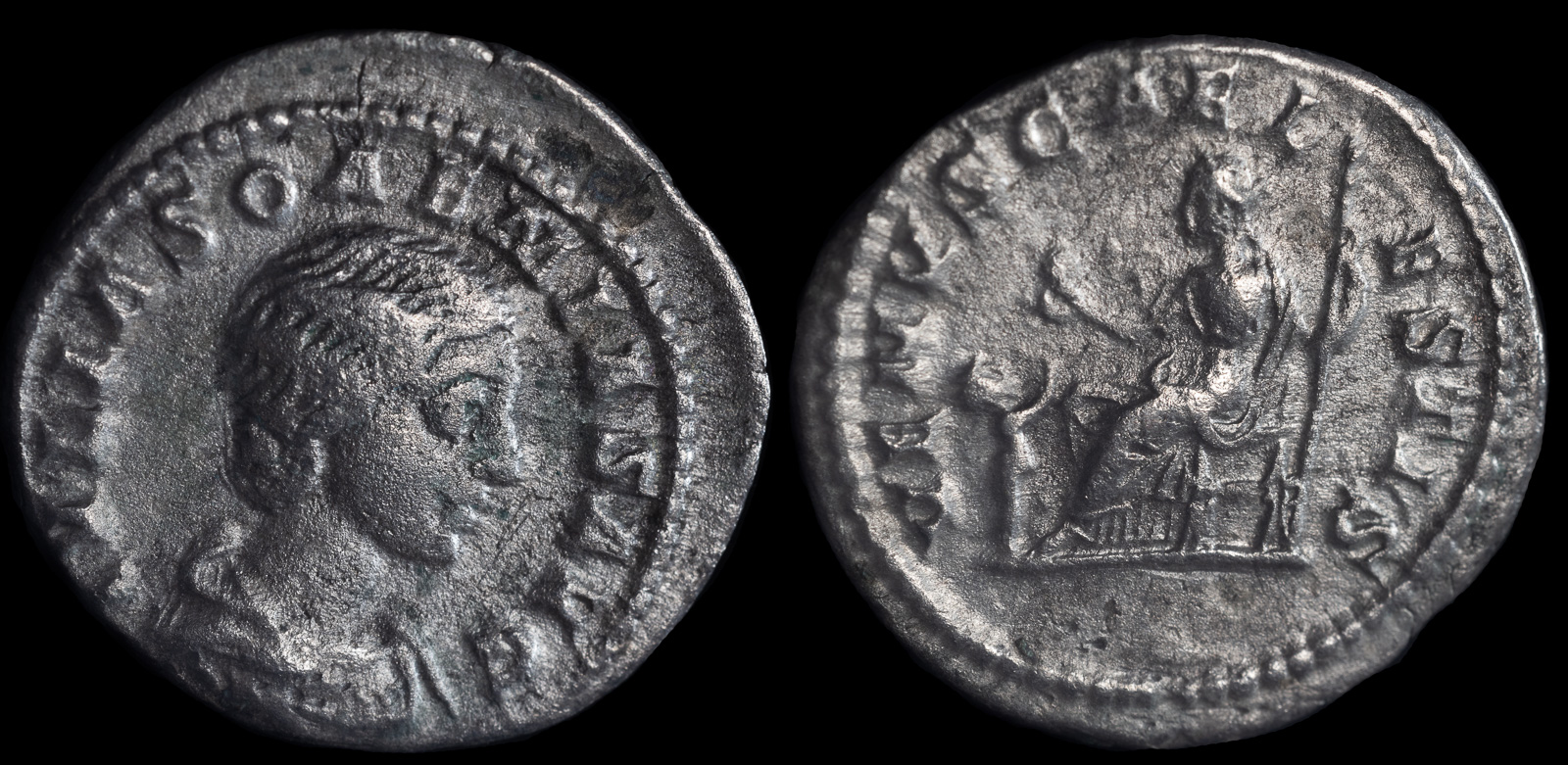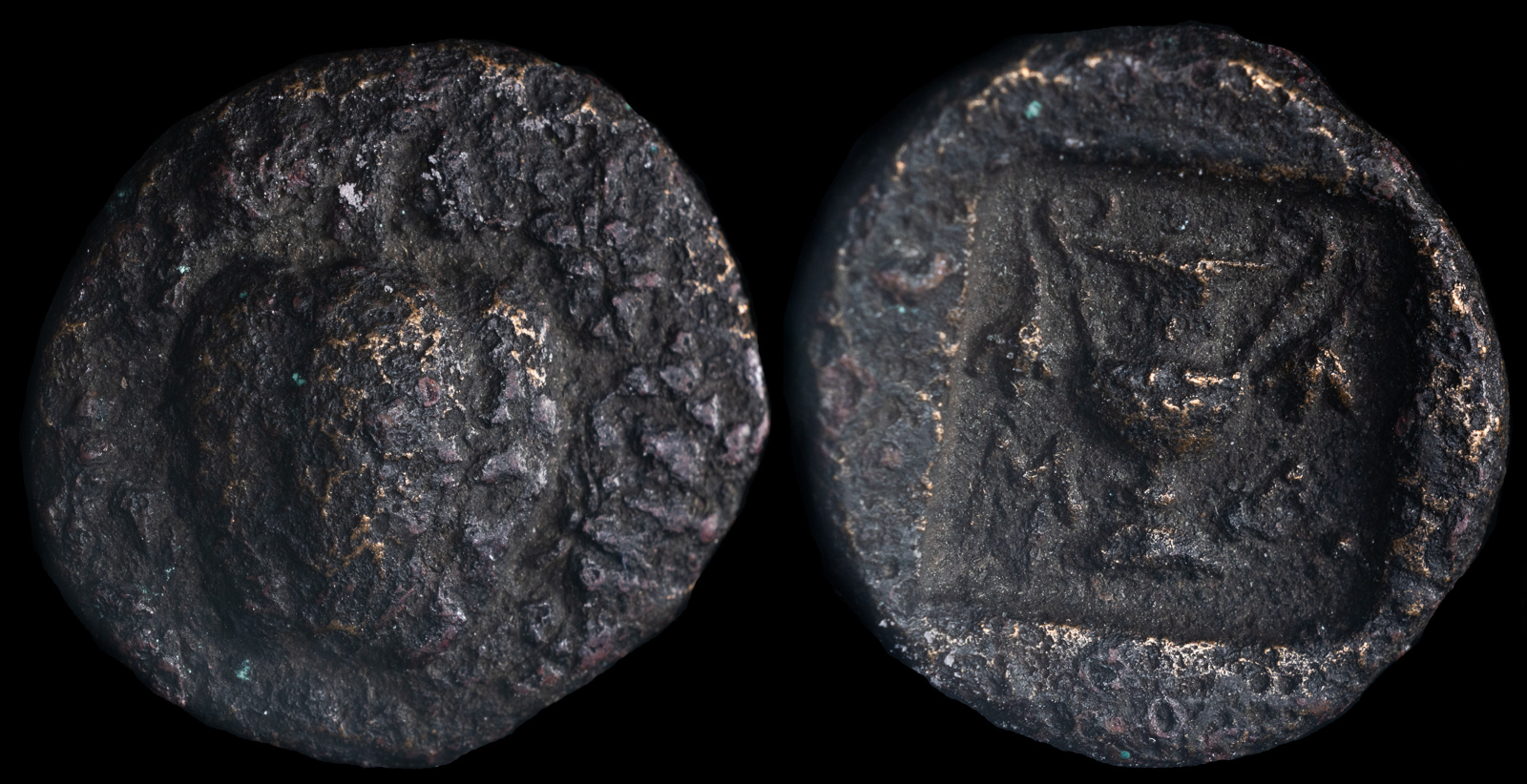Apple
View All Tags
The labor itself was extremely challenging, not just because of the difficulty of obtaining the apples, but also because of the various mythical beings and obstacles that Herakles had to overcome. The Hesperides’ garden was carefully guarded by a dragon named Ladon, who never slept and kept watch over the apples. Additionally, the location of the garden was unknown, making it even more difficult for Herakles to find it. To complete the task, Herakles had to seek out Atlas, the Titan who was burdened with holding up the heavens, as Atlas was the only one who knew the location of the garden.
Herakles’ encounter with Atlas is one of the most intriguing parts of the labor. Upon finding Atlas, the hero struck a deal with him. Atlas agreed to retrieve the apples for Herakles, but only if Herakles would take over his task of holding the heavens temporarily. Herakles agreed, and Atlas went to the garden to collect the apples. However, when Atlas returned with the apples, he suggested that Herakles might continue to hold the heavens forever while Atlas delivered the apples to Eurystheus, the king who had assigned Herakles the labors. Herakles, ever clever, pretended to agree to Atlas’s proposal, but tricked him by asking if he could briefly take back the weight of the heavens just to adjust his posture. Once Atlas relieved him of the burden, Herakles swiftly took the apples and departed, leaving Atlas once again with his celestial task.
The Golden Apples were eventually delivered to Eurystheus, and while he took them as a prize, he was not allowed to keep them, as they were meant for the gods. Herakles’ acquisition of the apples, and the cleverness he displayed in overcoming Atlas’s trickery, exemplified the hero’s strength, intelligence, and perseverance, key qualities that defined his many labors.

Galeria Valeria (wife of Galerius)
Alexandria, 308 CE
BI Nummus 6.15g, 25mm, 12h
GAL VALERIA AVG, diademed and draped bust to right /
VENERI VICTRICI, Venus standing to left, holding apple and raising drapery over left shoulder; K in left field, Γ over P in right field, ALE in exergue.
RIC VI 110
Ex Vitangelo Collection

Julia Soaemias. Augusta
Rome 218-222 CE
AR Denarius 19mm, 2,59g
IVLIA SOAEMIAS AVG Draped bust of Julia Soaemias to right.
Rev. VENVS CAELESTIS Venus Caelestis seated to left, holding an apple in right hand and a sceptre in left; before her, child standing to right, raising hands.
RIC IV 243. RSC 14. Thirion 388

Cyclades, Melos
3rd-1st century BCE
Æ 17mm, 4.04 g, 6h
Apple /
Kantharos; grape bunches flanking; all within incuse square.
SNG Copenhagen 683; HGC 6, 835